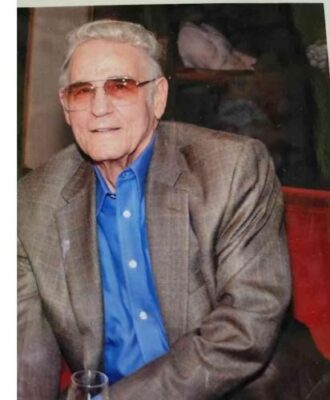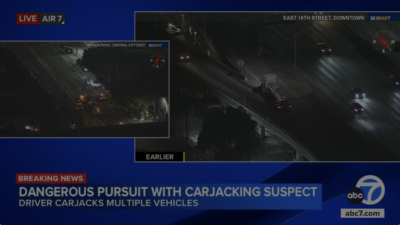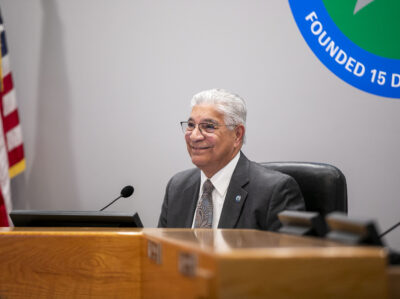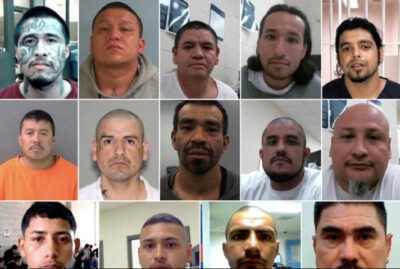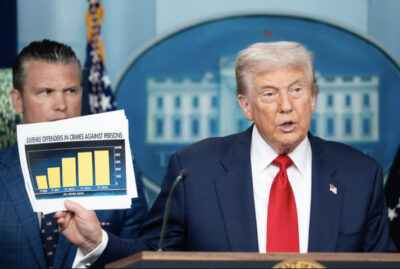By Zachary Stieber
Contributing Writer
A federal judge on Monday denied the Trump administration’s request to make material related to the late sex offender Jeffrey Epstein public.
Grand jury material is typically kept secret, and the government’s filings do not meet an exception laid out in previous rulings, U.S. District Judge Paul Engelmayer wrote in a 31-page decision.
“Granting the government’s motion would bloat the ‘special circumstances’ doctrine, which to date has warranted disclosure in only a tiny number of cases, all involving unique testimony by firsthand witnesses to events of obvious public or historical moment,” he said.
President Donald Trump in July asked the Department of Justice to release grand jury testimony from proceedings involving Epstein, who pleaded guilty to procuring a minor for prostitution and was facing additional sex-related charges when he committed suicide in prison in 2019.
DOJ officials then filed motions in federal courts in Florida and New York to unseal grand jury materials.
Officials said in filings that they were requesting the release of the records in part because of “abundant public interest” in the work of investigators into crimes committed by Epstein and his close associate Ghislaine Maxwell.
The DOJ noted that while many of the grand jury transcripts were either already public or contained information that has been shared publicly by victims and witnesses, they wanted the records released, with appropriate redactions, in the interest of transparency.
Engelmayer said he weighed various factors when considering the request, including opposition from Maxwell and support from victims of Epstein and Maxwell.
While federal rules state that grand jury proceedings are typically kept private, the U.S. Court of Appeals for the Second Circuit has outlined an exception for special circumstances.
In three separate rulings, judges said that the exception is for cases of unusual historical or public interest, with factors including the identity of the party seeking the release of the records and why disclosure is being sought.
While DOJ officials said the Epstein case involved special circumstances, its invocation “fails at the threshold,” Engelmayer said.
“Its entire premise — that the Maxwell grand jury materials would bring to light meaningful new information about Epstein’s and Maxwell’s crimes, or the government’s investigation into them — is demonstrably false,” he said.
The judge said that he ordered officials to provide documents to him for an in-camera, or closed-door review, and that those documents showed that the grand juries in the cases did not hear any testimony from witnesses or suspects.
Instead, a law enforcement agent presented to the juries information that the government obtained in its investigations. The juries then approved indictments for Epstein and Maxwell.
Also, with “only very minor exceptions,” the evidence that was presented is already public, according to Engelmayer, who cited the government’s claim.
“The court’s review confirmed that unsealing the grand jury materials would not reveal new information of any consequence,” he said.
“This case is thus a far cry from every reported case applying the Second Circuit’s ‘special circumstances’ doctrine.”
The DOJ and a lawyer for Maxwell did not immediately respond to requests for comment.
In July, a different judge, based in Florida, denied the DOJ’s request to unseal grand jury materials from the case against Epstein there. U.S. District Judge Robin Rosenberg said that court precedent did not permit her to grant the request.


